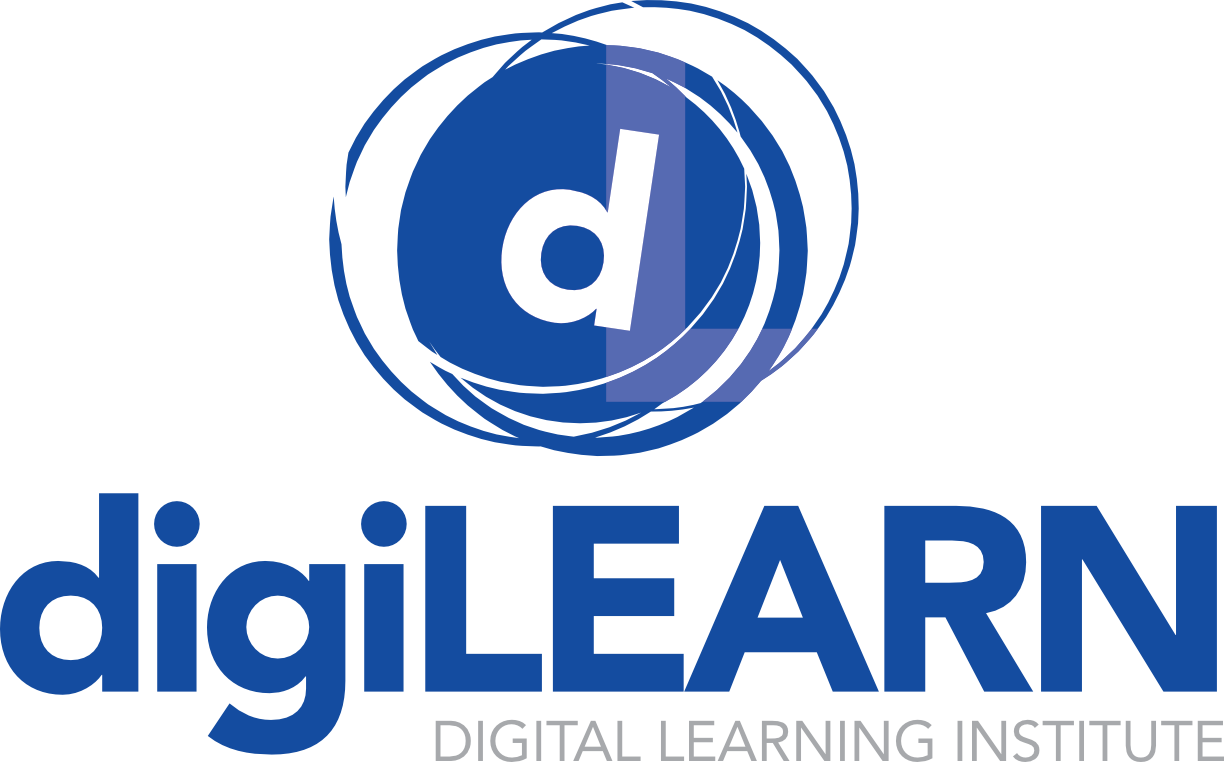Getting Smart: Supporting Teachers in the Digital Age
The following article by Gov. Bev Perdue originally appeared on Getting Smart. For the original article, click here.
We know that teachers matter more to student achievement than any other school-related factor, including services, facilities and leadership. Yet for years we’ve forced teachers to work in a system that values testing over teaching, resulting in little to no change in student achievement.
Now, our nation is facing a teacher shortage that is only going to get worse. Add to that the fact that nearly 50 percent of teachers currently in classrooms will retire or leave the profession within the next five to seven years, and it becomes very clear we need to refocus our efforts on supporting teachers and encouraging them to becoming leaders inside the classroom and out.
At digiLEARN, we’ve met, surveyed and spoken with more than 1,300 teachers about what they need to thrive in their profession, and we’ve heard over and over that teachers do not feel their voice is represented when it comes to education policy, despite the fact that they want to be included alongside administrators and policymakers in the decision-making process.
On top of what we’ve learned at digiLEARN, there’s an abundance of national research that shows that teachers want their voices heard, but they do not feel their perspective is represented, especially at the state and federal level. Teachers also want to lead while remaining in the classroom, but they don’t feel there are enough opportunities to do so.
Teachers know the stakes are incredibly high, which is why they were willing to take to the streets in protest this spring and are considering more protests this fall. Thanks to the diversity and complexity of technology, teachers must prepare the majority of their students today for careers that don’t yet exist, which means teachers need the skills to effectively develop the higher order thinking skills their students will need for college and their careers. That’s a tough challenge, and it’s one that requires policymakers and district leaders to lift up and support teachers to allow them to effectively guide our students and future workforce.
We can do this in two ways:
Offer professional development opportunities that allow teachers to learn and grow while remaining in the classroom. Teachers need meaningful professional development opportunities that give them the skills to explore new teaching practices without fear of failure, and they need the chance to learn and lead while continuing to teach. That’s why I’m particularly excited about digiLEARN’s Digital Scholars Initiative, a unique program that offers teachers invaluable leadership roles at their school and district levels while remaining practicing classroom teachers. Digital Scholars receive release time, personalized professional development and extended employment so they can learn how to lead other educators and use their classrooms as learning labs for other teachers to observe and learn new instructional practices. After a successful pilot with Rowan-Salisbury Schools in North Carolina and an upcoming pilot in Durham, North Carolina, digiLEARN will begin expanding the program nationally, and I encourage district leaders to consider the opportunity.
Empower teachers to lead. Teachers are on the front lines with their students. They know what their students need and how they best learn. Therefore, it’s no surprise that students perform better when they have empowered teachers, especially when teachers play a significant role in school improvement planning. Empowered teachers are also more likely to stay at their school and in the profession. In fact, the most important factor determining whether a teacher will stay at a school is whether he or she feels part of a productive, meaningful community where teacher voices are heard and teacher input is used to inform school practices and policies. Beyond the school building, I urge policymakers and district leaders to seek to actively include teachers in policy conversation and creation, so the policies we make at a school, district, state and federal level are based on knowledge from and collaboration with those who are working directly with students.
As a former teacher and policymaker who now works with educators across the country, I’ve spent my career advocating for teachers. I believe now more than ever, we must listen to our teachers, empower them to lead and give them the resources and professional development they need. Because an investment in teachers is an investment in our students, and our future depends on it.
